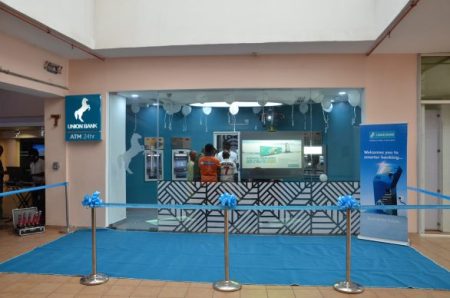The South-West governors in Nigeria are adopting measures to address food insecurity by targeting a synchronized regional agricultural calendar. This initiative is designed to optimize farming cycles across the region by aligning planting seasons based on the competitive advantages of each state. The aim is to ensure efficiency in agricultural production while allowing periodic reviews to adapt to regional needs. In addition to the agricultural calendar, the regional focus includes comprehensive development of irrigation infrastructure, highlighting a move towards revitalizing dams to support year-round farming in various states. This strategy signifies not only a commitment to improving food security but also to bolstering the overall agricultural productivity in the South-West zone.
The latest progress report from the DAWN Commission outlines the actions taken to combat food insecurity in the region, particularly in response to rising food inflation. The report follows a meeting of the South-West Governors’ Forum in June, where pressing issues affecting agricultural productivity and food prices were discussed. One of the key resolutions was the establishment of a region-wide Agricultural Data Management and Information System, which aims to facilitate better data collection and sharing among states. The governors are also advocating for enhanced inter-state collaboration on agricultural initiatives, seeking to create a truly integrated agricultural ecosystem in the region. This collaborative approach is intended to maximize the resources and strengths of individual states, leading to greater collective impact.
Despite the progress, the report highlights significant challenges, particularly the lack of effective cross-ministerial collaboration. It notes that many agricultural initiatives launched by the six state governments have been limited in scope, thus failing to reach a substantial proportion of farmers. Other proposed measures, such as introducing mini tractors for smallholder farmers, increasing the farmer population, and making agriculture more appealing to youth, remain in the planning stage. These initiatives are crucial for modernizing the agricultural landscape and engaging younger generations, but their implementation is key to their success.
Nevertheless, the report acknowledges several successes achieved by the state governments, particularly in establishing farmers’ markets and implementing food discount programs. These initiatives aim to alleviate consumption challenges and improve food access for vulnerable populations. There has also been an emphasis on creating enhanced security measures within farming communities to reduce risks associated with agricultural activities. Additional successes include adopting cluster farming models, which enable farmers to work together more effectively, increased mechanization of agricultural processes, and expanded distribution of inputs and support for farmers.
Moreover, improvements in agricultural data management and extension services have been noted, which are essential for providing farmers with the knowledge and resources necessary for successful crop production. Efforts to improve agricultural infrastructure, such as land clearing and road construction, have also been recognized. These developments are crucial for enhancing market access for farmers and ensuring they can effectively distribute their produce. Furthermore, the report indicates ongoing initiatives aimed at improving agricultural financing and attracting investment, which are vital components for the sustainable growth of the agricultural sector.
Overall, the measures being taken by the South-West states reflect a proactive approach to overcoming food insecurity and enhancing agricultural productivity. Through the establishment of a harmonized agricultural calendar, improved infrastructure, and integrated data systems, the hope is to create a robust agricultural ecosystem that can better serve the needs of the population. The collaborative efforts of the governors signal a commitment to strategic planning and regional cooperation, which are essential in addressing the pressing challenges faced by farmers and ensuring food security for all. With continued focus on these initiatives and timely implementation of proposed measures, the region aims to build a more resilient agricultural sector capable of meeting the demands of both local and wider markets.














